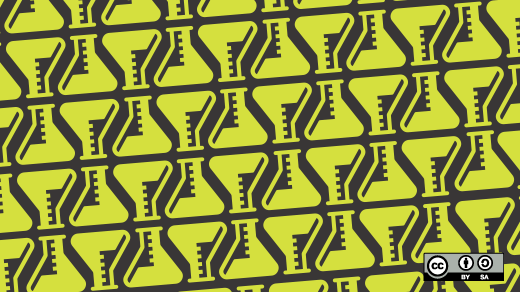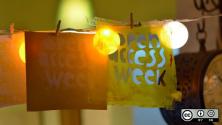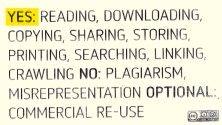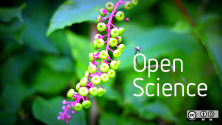I gave a talk at this year's TEDx Albany event, "Saving Science - Open Up or Perish," where I talked about something that I am very passionate about. For me, TEDx was an opportunity to try out a very different format from my usual technical talks and dig deep down to tell a very general audience about what's going on in science that should matter to them. I shared my journey from my education in Physics to becoming a software developer working almost exclusively on open source software for scientific research and development.
My TEDx talk high points:
- the need for verification in science
- reproducibility
- academic language
- homebrewing
- open data and open access
- open source licensing
Saving Science TEDx talk description: "Science is not an exclusive realm limited to people in white lab coats with Ph.D.s, but rather a way of thinking applied to everything from advanced computational simulations on nuclear material to brewing an award-winning beer. However, current scientific practices are undermining the very progress and innovation they were designed to stimulate, bringing us to the brink of a crisis. The lack of openness, access to data and methods, and opaque review processes have created a system that threatens the very foundation of scientific reasoning."
"However, there are many people and organizations working to prevent the collapse of the pillars science. The champions of the open science movement are passionately working to change the course of science and steer it back to its roots of reproducibility. In the process, the movement is also driving a new democratization of science that enables a much broader participation in scientific work and puts within the reach of the normal citizen the possibility of reproducing experiments and taking part in the scientific process. Science will fuel the future, if only we are all open to it."






2 Comments